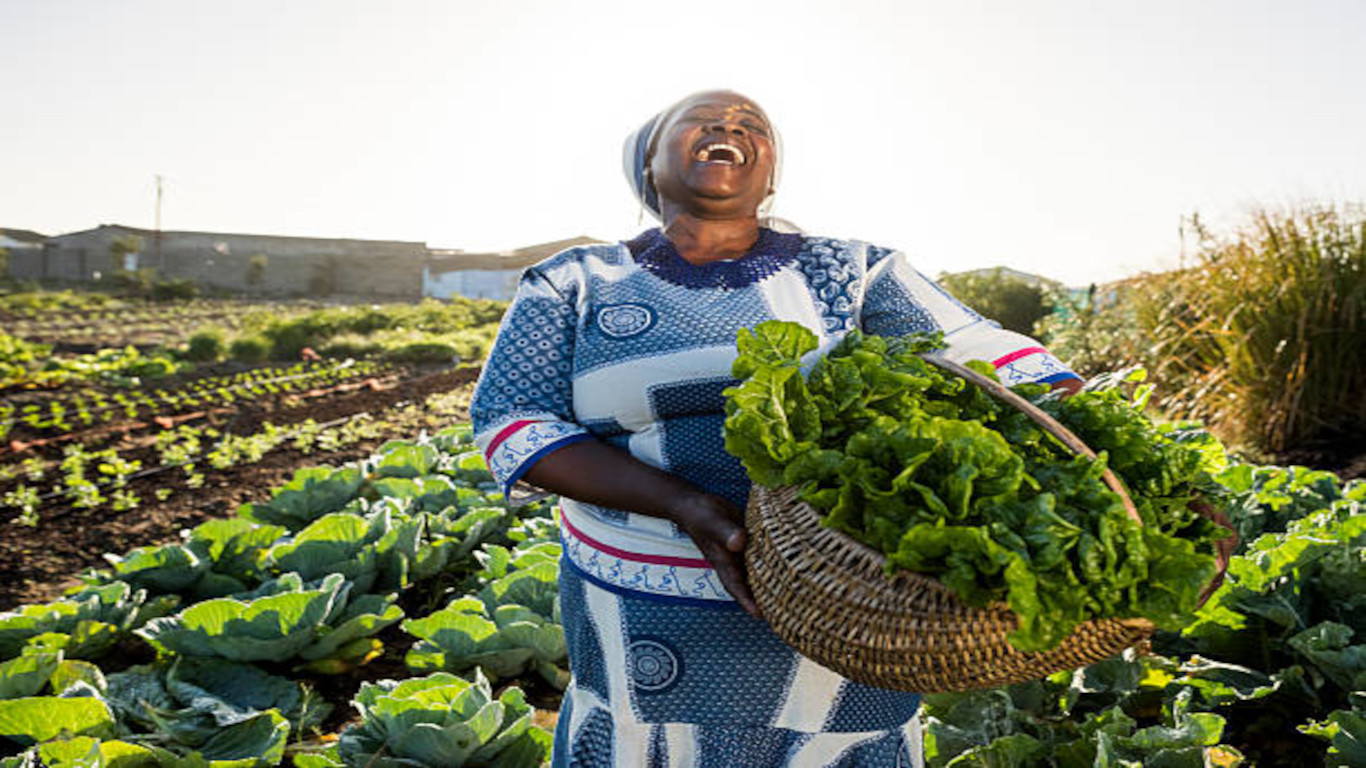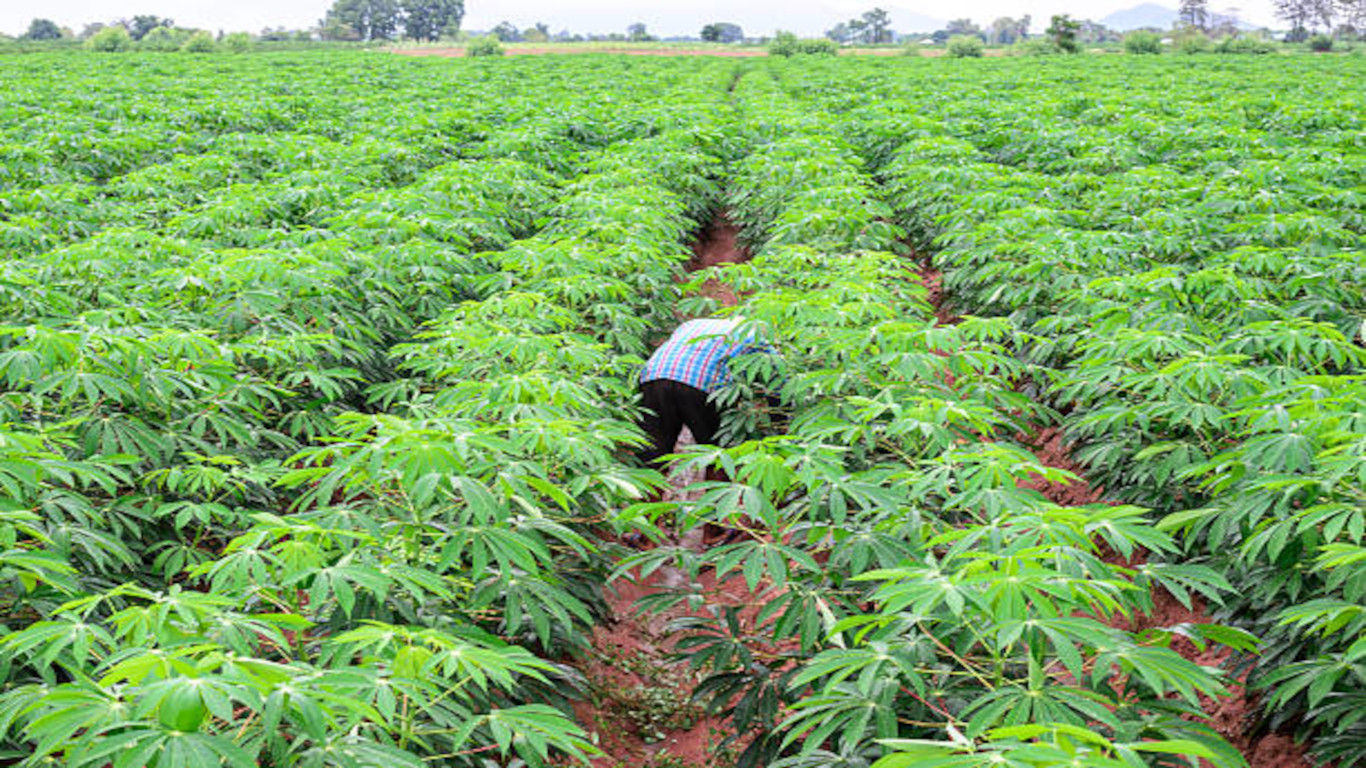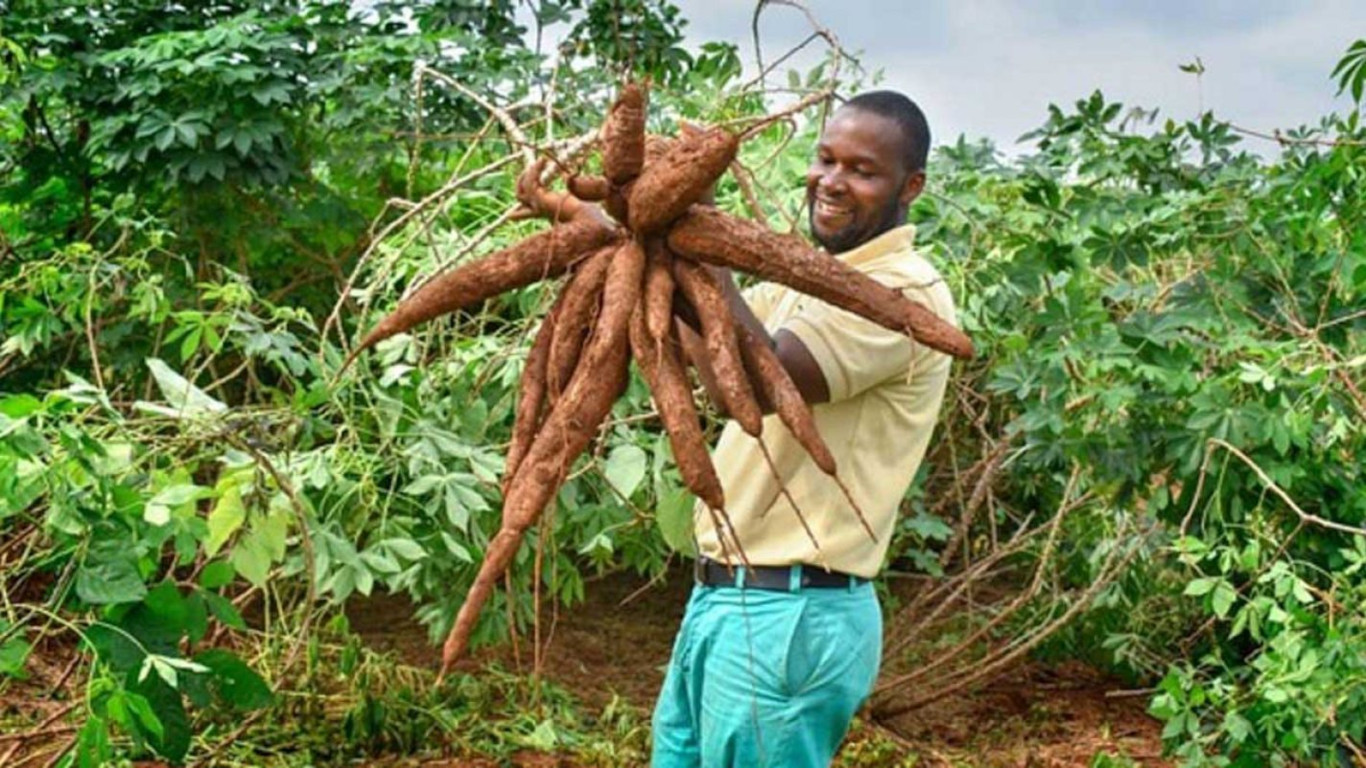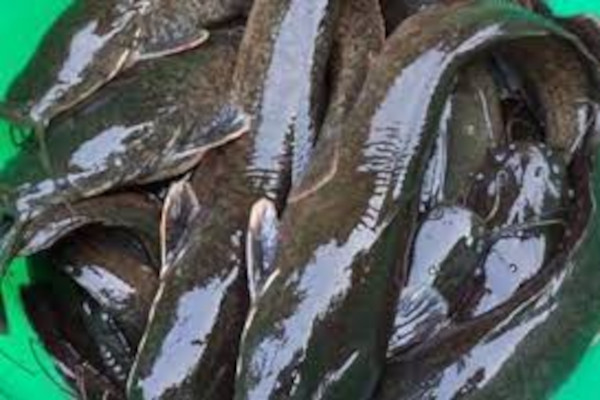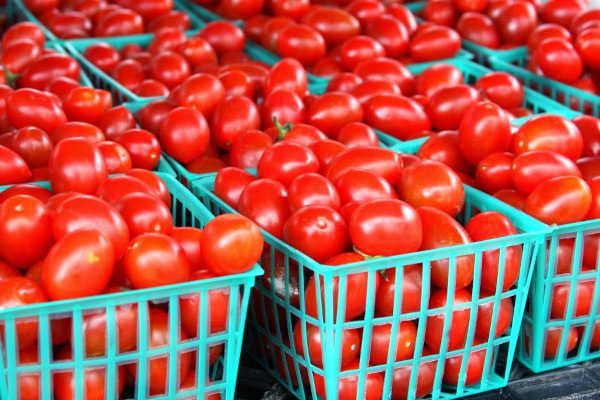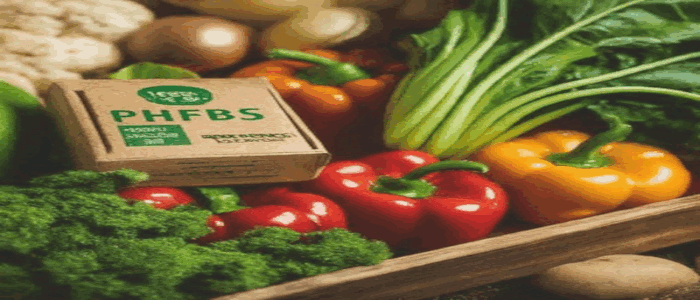Our Aims and Objectives
Aims and Objectives
AIMS
The Post-Harvest and Food Biotechnology Society is a body set up to typically revolve around advancing knowledge, technologies, and practices related to post-harvest handling, processing, and biotechnological applications in the food industry as well as actualization of sustainable development goals on food security and agrarian revolution.
OBJECTIVES
- To Advance Post-Harvest Technologies as well as to promote research and development in post-harvest technologies to improve the handling, storage, and preservation of agricultural products. This includes innovations in packaging, storage facilities, and transportation methods to minimize losses and maintain food quality.
- To Enhance Food Safety and Quality towards ensuring the safety and quality of food products through the application of biotechnological tools and techniques. This may involve the development of methods for detecting contaminants, pathogens, and allergens, as well as improving nutritional content and flavor.
- To Foster Innovation in Food Processing as well to foster innovation in food processing technologies using biotechnological approaches. This includes the development of novel processing methods, such as fermentation, enzymatic conversion, and genetic modification, to improve food functionality, shelf-life, and sensory attributes.
- To Promote Sustainable Food Production and to promote sustainable food production practices by encouraging the adoption of biotechnological solutions that reduce environmental impact, enhance resource efficiency, and promote biodiversity conservation. This may include the use of biodegradable packaging materials, bio-based pesticides, and genetically modified crops resistant to pests and diseases.
- To develop a better Capacity Building and Education that is committed to building the capacity of professionals, researchers, and students in the fields of post-harvest management and food biotechnology through training programs, workshops, and educational initiatives. This includes providing access to resources, networking opportunities, and mentorship.
- To Facilitate Knowledge Exchange and Collaboration and to create a society that could serves as a platform for knowledge exchange, collaboration, and networking among researchers, industry professionals, policymakers, and other stakeholders involved in post-harvest management and food biotechnology. This includes organizing conferences, seminars, and symposiums to share research findings and best practices.
- To Advocate for Policy and Regulation which may engage in advocacy efforts to influence policy and regulations related to food safety, biotechnology, and agricultural practices. This includes advocating for science-based regulations that support innovation while ensuring consumer safety and environmental sustainability.
- To Promoting Public Awareness and Engagement so as to raise necessary public awareness and understanding of the role of post-harvest management and food biotechnology in ensuring food security, safety, and sustainability. This includes outreach activities, public lectures, and educational campaigns aimed at consumers, policymakers, and the general public.
